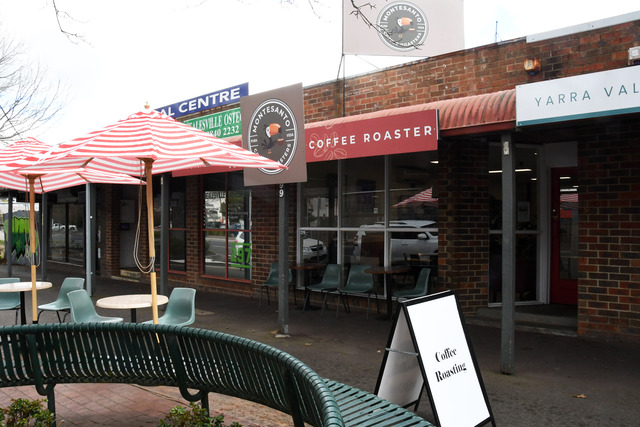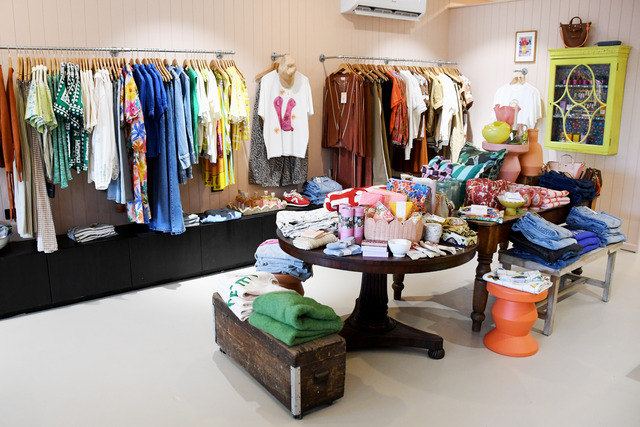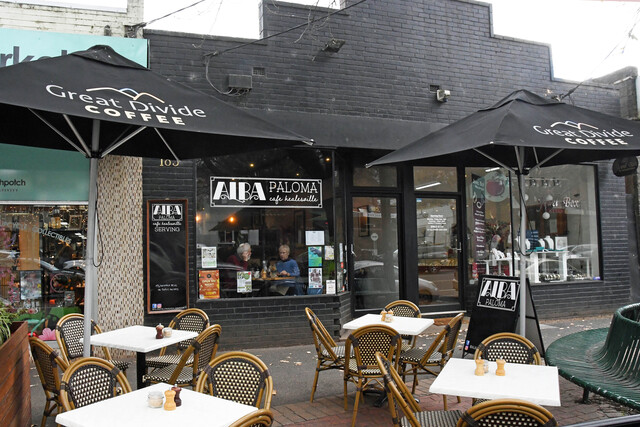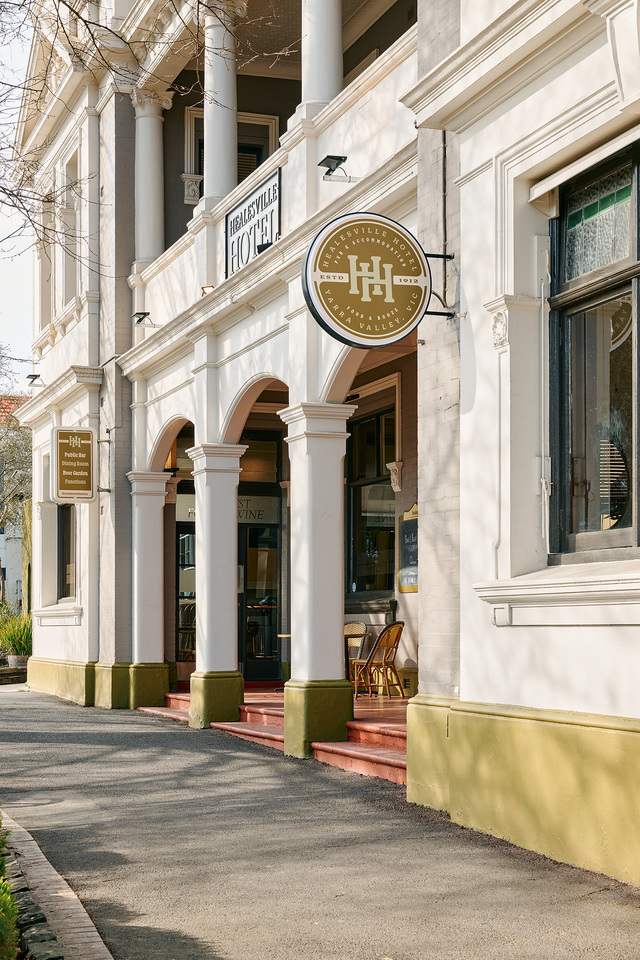The announcement of a bonus intake of 16,500 refugees from Afghanistan in the 2022/23 Federal Budget has left advocates for refugees feeling conflicted.
While the decision answers the calls for assistance for Afghan refugees after the Taliban gained control, the four-year span of the intake means only 4125 more people will be allowed into Australia each year.
Member of the Casey Grandmothers for Refugees Prue Licht said any improvement in refugee numbers from Afghanistan is great, but their pressing situation leaves them vulnerable.
“People who are currently waiting in Afghanistan are in danger all the time. By the time they can be helped, they may have been arrested or have been forced to flee somewhere else,” she said.
“As much as the government tried in August, it’s been too little and much too late. While it’s fantastic that we’ve got 16,500, it should have been immediately.”
There was also no increase in the total global intake of refugees in Australia per year, with the Federal Government choosing not to increase the 13,750 person cap they have adopted, not including the increase in Afghan refugees. This is down from the target of 18,750 places in 2019-2020.
Ms Licht said she hopes the cap will be removed.
“We need to be responsive to the situation around the world as things happen. The job will be almost insurmountable, but there needs to an agreement between governments about how the problem is managed,” she said.
“There are still thousands of people from Syria in camps in Jordan and Turkey. 13,000 people in Indonesia, as well as Afghanistan, Sri Lanka, all over the Middle East, Africa, Iran and Iraq – now Ukraine as well.”
The Asylum Seeker Resource Centre was critical of the missed opportunity to help refugees, citing the exclusion of refugees on temporary visas from emergency support, the continued historically low refugee intake and the immigration detention regime as policy failures that will hurt the most vulnerable.
Last year, Australia only accepted 5,947 from across its humanitarian programs, well under the 13,750 cap and the lowest intake in nearly half a century.
Ms Licht said she hopes the Australian attitude and policy toward refugees changes.
“We should immediately end mandatory detention and offshore processing and change the fairly complex system of visas and citizenship here,” she said.
“Maybe we need to allow people who want to come here to do so in an ordered way with some practical help for them. We are short of workers here, particularly agricultural workers. There are people who will willingly work with skills that could readily be used.”







